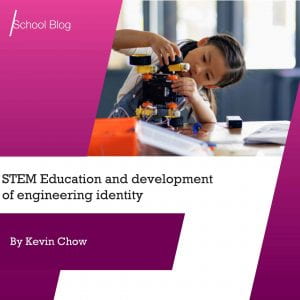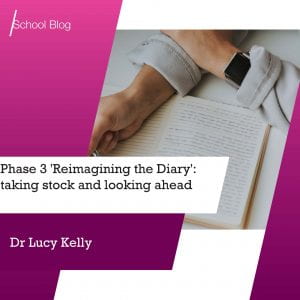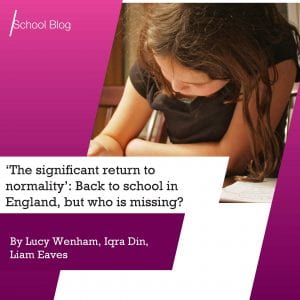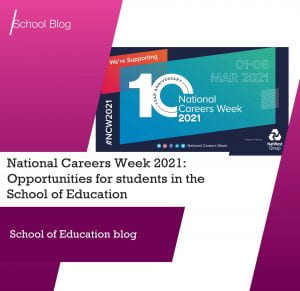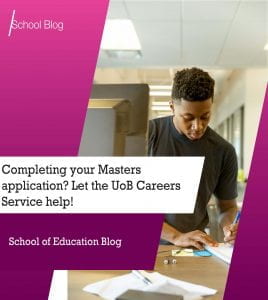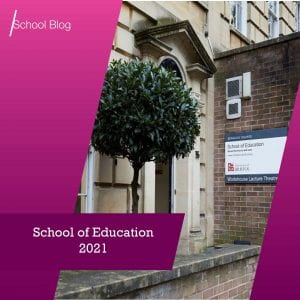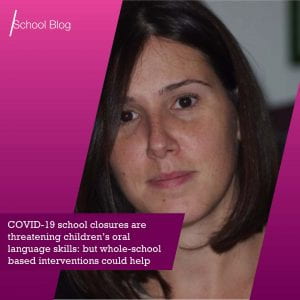 Blog post by Dr Janet Orchard, School of Education, and Nidia Aviles Nunez, School of Education
Blog post by Dr Janet Orchard, School of Education, and Nidia Aviles Nunez, School of Education
With a (contentious) market review of teacher education in England currently underway, we are reminded that in many parts of the world the place of critical reflection by teachers is increasingly called into question. Teacher ‘training’ is becoming increasingly pre-occupied with content and academic attainment as the sole purpose of schooling, with schools increasingly positioned as competitors within educational systems focused solely on assessing their performance through targets and measurable outcomes. As a result, education systems are undermining attention to those fundamentally human concerns that characterise teaching and through which teachers educate their students.

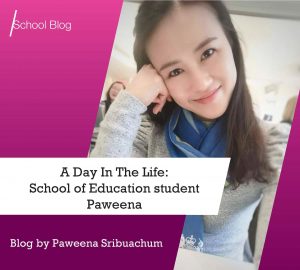 Hi! My name is Paweena Sribuachum. I am an MSc Education student at the School of Education, University of Bristol.
Hi! My name is Paweena Sribuachum. I am an MSc Education student at the School of Education, University of Bristol.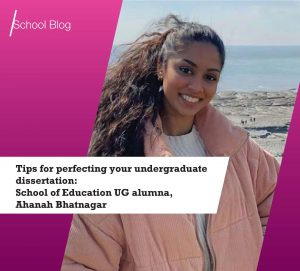 School of Education alumna Ahanah Bhatnagar offers some top tips for writing your undergraduate dissertation – from a student who’s completed theirs
School of Education alumna Ahanah Bhatnagar offers some top tips for writing your undergraduate dissertation – from a student who’s completed theirs